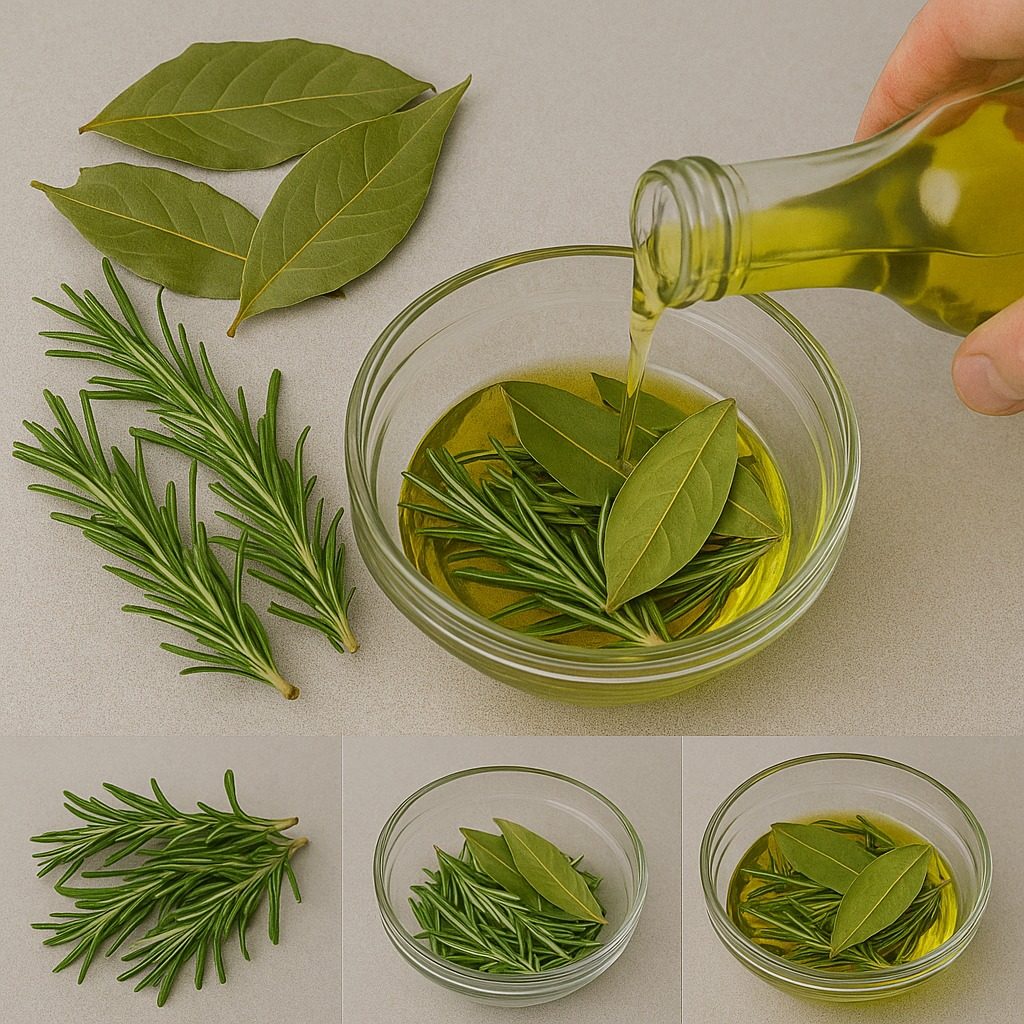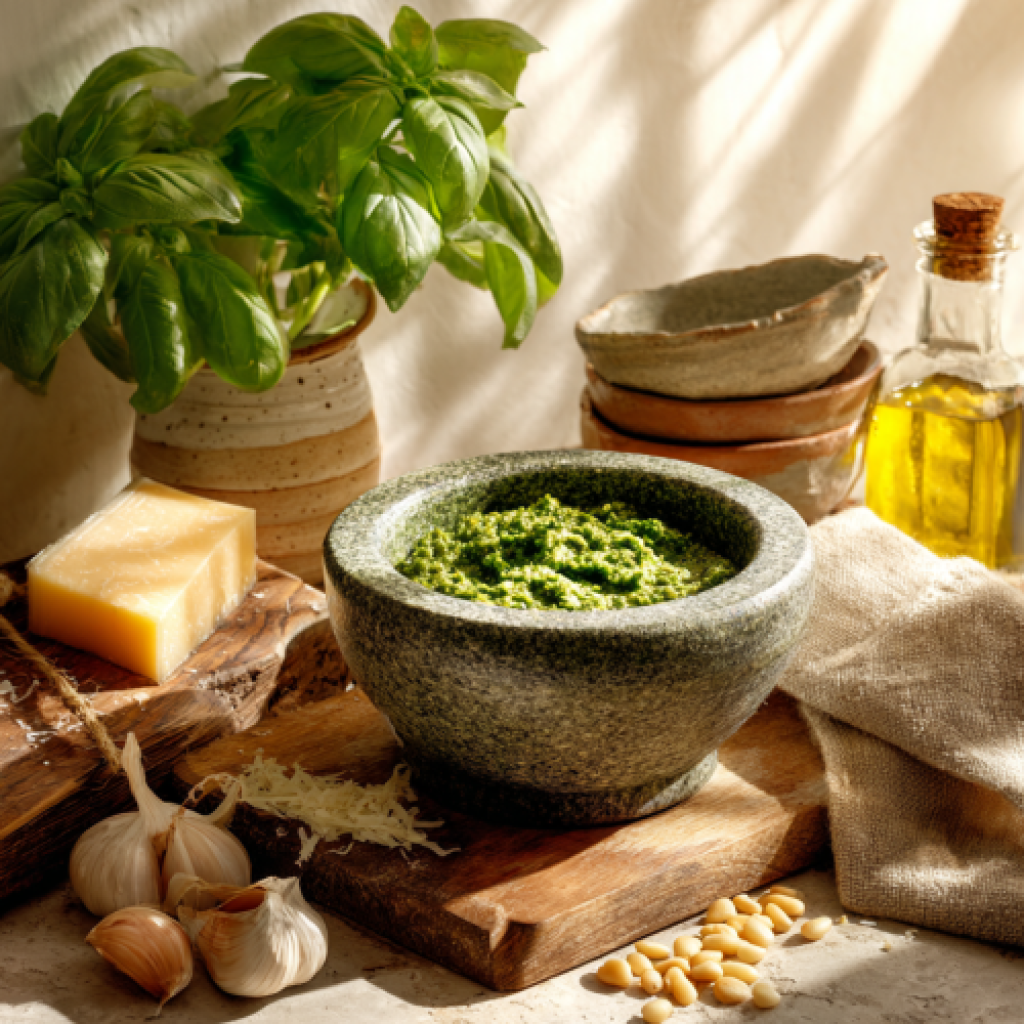Title: Stop Removing This from Your Garden. It Isn’t a Weed. Here’s Why
For centuries, diligent gardeners have waged war against plants they deem unwelcome, categorizing them as weeds. However, not all uninvited guests are harmful to your garden. One such plant is the Dandelion. Often vilified as a pesky weed, this golden-hued flora possesses a multitude of benefits that might just make you reconsider its status in your garden.
Firstly, Dandelions are far more than just a colorful addition to your garden. They are a powerhouse of nutrition, loaded with vitamins A, C, and K, and containing substantial amounts of iron, calcium, magnesium, and potassium. Their leaves can be used in salads, their roots in herbal teas, and their flowers in making wine. It’s a veritable grocery store sprouting right in your backyard.
Secondly, Dandelions are an essential part of the ecosystem. They are one of the earliest blooming plants in the spring, providing a critical food source for bees and other pollinators. By removing Dandelions, we risk disrupting the intricate balance of our local ecosystems. Instead, we should appreciate Dandelions for their role in supporting biodiversity.
Additionally, Dandelions are natural soil conditioners. Their deep roots break up hard-packed soil, improve its structure, and increase its ability to retain water. They also draw up nutrients from deep within the soil, making them more accessible for other plants. If you’re looking to improve your garden’s soil health, maintaining a few Dandelions might be the easiest and most cost-effective way to do so.
Moreover, Dandelions have a long history of medicinal use. They were used in ancient medicine to treat a variety of ailments, from digestive disorders to skin conditions. Even today, they are used in herbal medicine for their diuretic, anti-inflammatory, and antioxidant properties.
Despite all these benefits, Dandelions do have a reputation for being invasive. It’s true that they are hardy and can spread if left unchecked. However, this doesn’t mean they need to be eradicated entirely. Considerations can be made to maintain a balance. One could limit the number of Dandelions or restrict them to specific sections of the garden.
In conclusion, the common Dandelion is far from being a mere weed. Its nutritional, ecological, and medicinal benefits make it a valuable addition to any garden. The next time you see a Dandelion in your garden, remember that it’s more than just a plant – it’s a symbol of nature’s resilience and generosity. So, before you reach for that weed puller, take a moment to appreciate this humble plant and consider the benefits it might bring to your garden. After all, a weed is but a plant whose virtues have not yet been discovered.
By shifting our perception and understanding the value of the Dandelions, we can not only improve the health and biodiversity of our gardens but also contribute positively to our local ecosystems. Therefore, before declaring war on plants, let’s make an effort to understand them better. Because in the end, every plant has its place and purpose in the grand scheme of nature.











